


Books in series

The Common Peace
Participation and the Criminal Law in Seventeenth-Century England
1987

Thomas Starkey and the Commonwealth
Humanist Politics and Religion in the Reign of Henry VIII
1989

The Blind Devotion of the People
Popular Religion and the English Reformation
1989
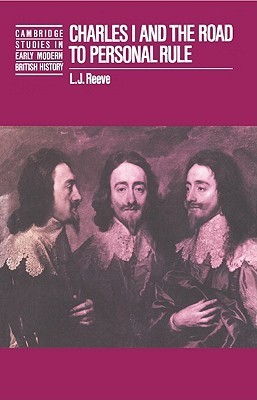
Charles I and the Road to Personal Rule
1989

George Lawson's 'Politica' and the English Revolution
1989

An Uncounselled King
Charles I and the Scottish Troubles, 1637 - 1641
1990

Exile and Kingdom
History and Apocalypse in the Puritan Migration to America
1991

Stewards, Lords and People
The Estate Steward and his World in Later Stuart England
1992

The Bishops' Wars
Charles I's Campaigns against Scotland, 1638 - 1640
1994

John Locke
Resistance, Religion and Responsibility
1994

Constitutional Royalism and the Search for Settlement, c.1640–1649
1994

The Chief Governors
The Rise and Fall of Reform Government in Tudor Ireland 1536–1588
1995

Sir Matthew Hale, 1609 - 1676
Law, Religion and Natural Philosophy
1995

Henry Parker and the English Civil War
The Political Thought of the Public's 'Privado'
1995

William III and the Godly Revolution
1996

Gender in Mystical and Occult Thought
Behmenism and its Development in England
1996

Protestantism and Patriotism
Ideologies and the Making of English Foreign Policy, 1650-1668
1996

Law-Making and Society in Late Elizabethan England
The Parliament of England, 1584–1601
1996

Godly Clergy in Early Stuart England
The Caroline Puritan Movement, c.1620–1643
1997

The English Reformation and the Laity
Gloucestershire, 1540–1580
1997

Dismembering the Body Politic
Partisan Politics in England's Towns, 1650–1730
1998

Women Waging Law in Elizabethan England
1998

The Politics of Social Conflict
The Peak Country, 1520–1770
1995

The Church in an Age of Danger
Parsons and Parishioners, 1660-1740
1996

The Politics of Religion in the Age of Mary, Queen of Scots
The Earl of Argyll and the Struggle for Britain and Ireland
1998

Treason and the State
Law, Politics and Ideology in the English Civil War
1998

Mercy and Authority in the Tudor State
1999

Unquiet Lives
Marriage and Marriage Breakdown in England, 1660–1800
1999

The Gospel and Henry VIII
Evangelicals in the Early English Reformation
1999

London and the Restoration, 1659–1683
2004

Defining the Jacobean Church
The Politics of Religious Controversy, 1603-1625
2005

Parliaments and Politics during the Cromwellian Protectorate
2007

Hobbes, Bramhall and the Politics of Liberty and Necessity
A Quarrel of the Civil Wars and Interregnum
2007

Hunting and the Politics of Violence before the English Civil War
2008

Martial Power and Elizabethan Political Culture
Military Men in England and Ireland, 1558–1594
2009

Enforcing the English Reformation in Ireland
Clerical Resistance and Political Conflict in the Diocese of Dublin, 1534–1590
2005

Godly Kingship in Restoration England
The Politics of The Royal Supremacy, 1660–1688
2011
Oaths and the English Reformation
2012

Richard Bancroft and Elizabethan Anti-Puritanism
2013

Print and Public Politics in the English Revolution
2013

Reformation Unbound
Protestant Visions of Reform in England, 1525-1590
2014
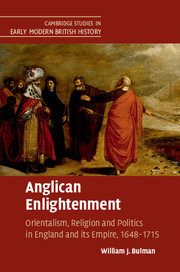
Anglican Enlightenment
Orientalism, Religion and Politics in England and its Empire, 1648 - 1715
2015
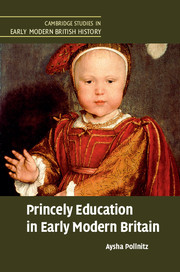
Princely Education in Early Modern Britain
2015

The Smoke of London
Energy and Environment in the Early Modern City
2016
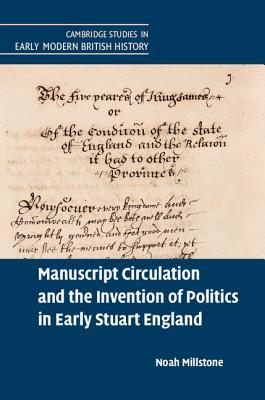
Manuscript Circulation and the Invention of Politics in Early Stuart England
1872
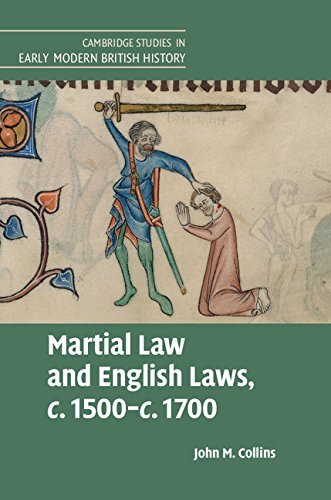
Martial Law and English Laws, c.1500–c.1700
2016
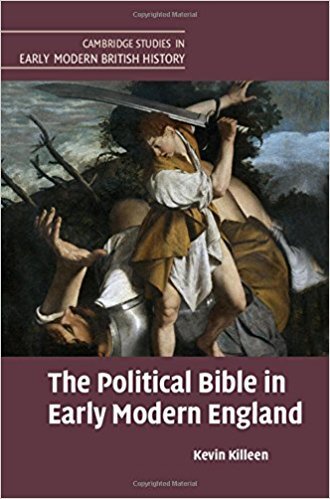
The Political Bible in Early Modern England
2016
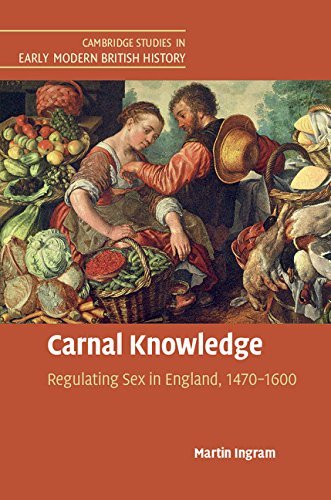
Carnal Knowledge
Regulating Sex in England, 1470–1600
2017
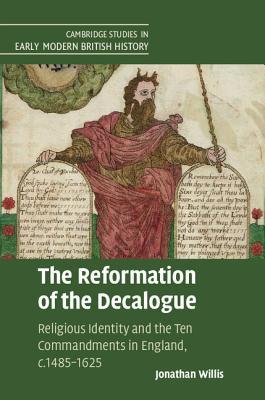
The Reformation of the Decalogue
Religious Identity and the Ten Commandments in England, c.1485–1625
2017
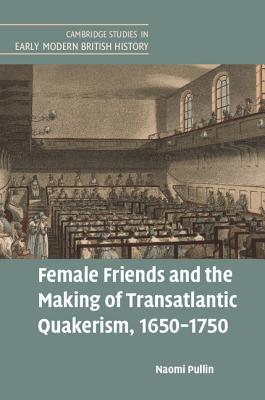
Female Friends and the Making of Transatlantic Quakerism, 1650–1750
2018
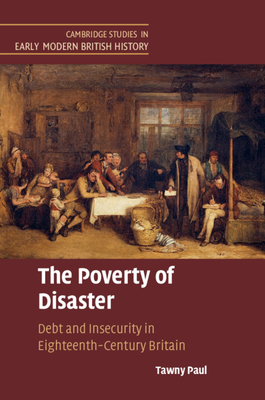
The Poverty of Disaster
Debt and Insecurity in Eighteenth-Century Britain
2019
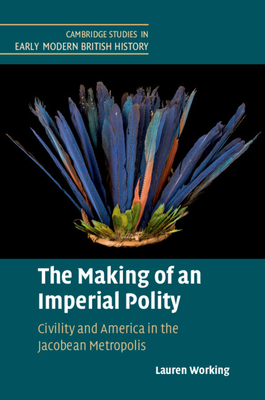
The Making of an Imperial Polity
Civility and America in the Jacobean Metropolis
2020
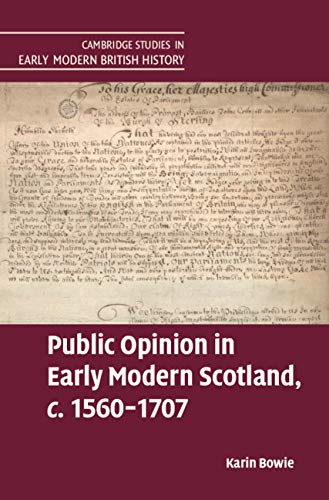
Public Opinion in Early Modern Scotland, c.1560 - 1707
2020
Authors
Librarian note: There is more than one author in the GoodReads database with this name This profile may contain books from multiple authors of this name
Librarian note: There is more than one author in the GoodReads database with this name
Also writes as Jane Dawson Interested in the four countries within the British Isles, Scotland, Ireland, England and Wales, and in the Reformation throughout Europe.

David Dean specialises in public history, particularly historical representation and performance in museums, film, and theatre, and early modern British history. His most recent book is History, Memory, Performance (Palgrave, 2015), an interdisciplinary co-edited collection of essays exploring performances of the past in a variety of contexts. He is editing A Companion to Public History (Wiley-Blackwell) and writing Shakespeare’s England: A Cultural History, 1558-1649 (with Dr Kathryn Prince, Wiley-Blackwell). In 2013 he guest edited a special issue of Peace and Conflict, focusing on Canadian museums as sites for historical understanding and social justice. His most recent article is an exploration of the film depiction of the Elizabethan Settlement in Shekhar Kapur’s Elizabeth. David is organising this year’s Shannon Lectures in History on the theme Performing History: Re-Staging the Past. After completing his Cambridge doctorate, David taught at Goldsmiths’ College, University of London for eleven years before coming to Carleton where he has been Full Professor since 2000. From 2008 until 2012 David was Company Historian to Ottawa’s National Art Centre’s English Theatre, working on productions such as Macbeth, Mother Courage, the Christmas Carol, Romeo and Juliet, Vimy and King Lear. One of the founding members of the Department’s MA in Public History, which he co-ordinated for six years, David was co-founder of the Carleton Centre for Public History, and currently shares the directorship with Dr James Opp. David’s current teaching repertoire includes undergraduate courses such as Early Modern Britain, History at the Movies, and a seminar on early modern witchcraft and social disorder, as well as the core MA in Public History seminar on Museums, Public Memory and National Identify and an optional seminar, Narrativity and Performance in Public History. He has supervised twenty-seven postgraduates over the past six years. David has been active in Ottawa’s Workers’ History Museum as a collaborator, advisor and patron; he is a Life Member of Clare Hall, Cambridge and a Fellow of Britain’s Royal Historical Society.